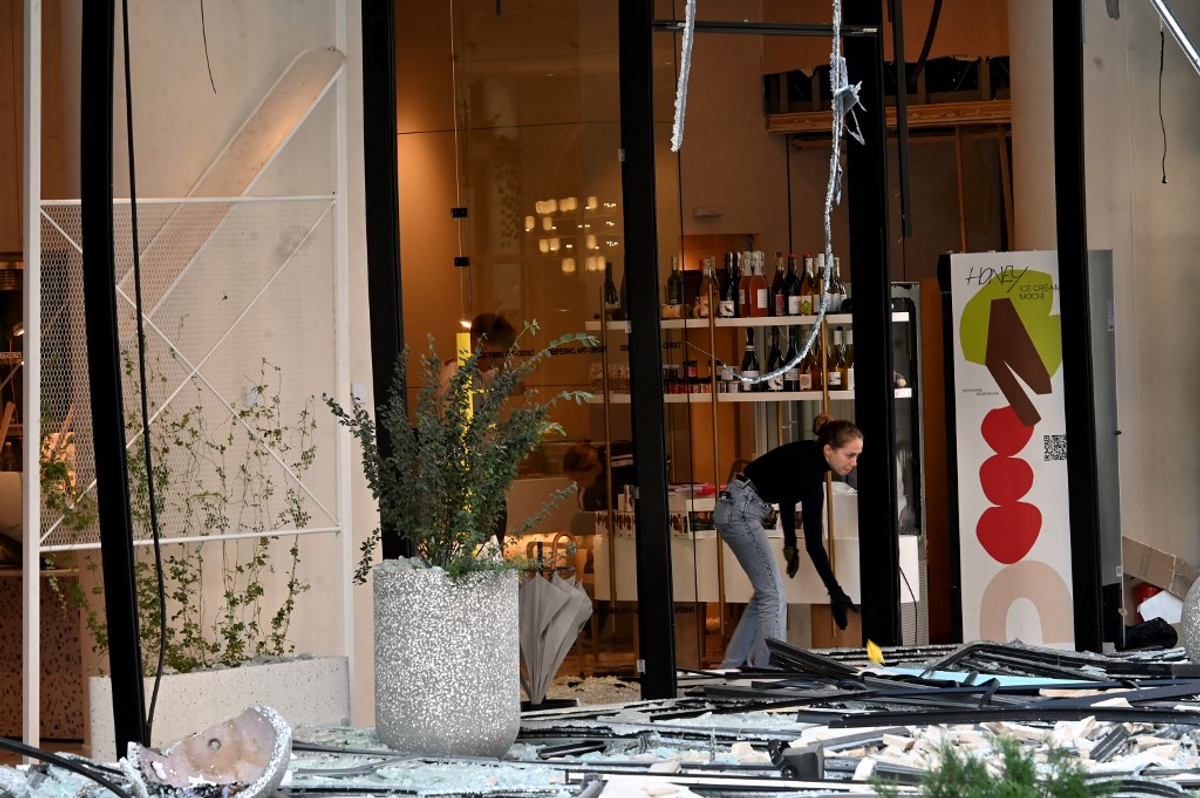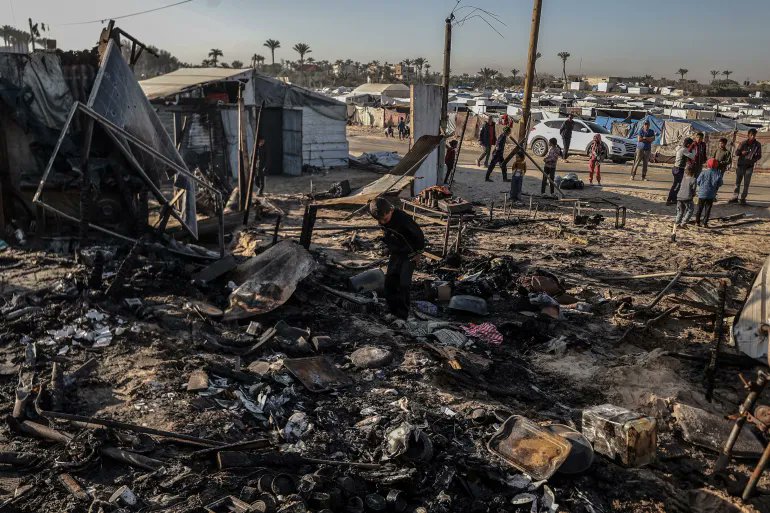By Robert Schuett
Copyright kyivpost

The war in Ukraine has triggered Europe’s largest mental health crisis since WWII. Millions are suffering in silence, and children suffer most.
Yet against this backdrop of trauma, Ukraine is doing something remarkable: Reshaping its mental health services with a speed and ambition that should command global attention.
Transformation amid brutality
Three and a half years into one of the most brutal and bloody wars waged by the Kremlin, Ukrainians continue to live with stress, displacement and loss.
Yet the national response is not limited to humanitarian relief. It is a systemic transformation.
At the centre of this effort stands the “How Are You?” program, launched by First Lady Olena Zelenska, which has become the country’s flagship for embedding mental health into every part of society.
Supported by the Cabinet of Ministers’ Coordination Centre for Mental Health, it is reshaping services, mobilizing professionals, and breaking taboos, ensuring that mental health is treated not as a side issue but as a pillar of resilience.
Mental health as security
Mental health is not an add-on. It is the foundation of security and stability.
Ukrainians understand that untreated trauma undermines trust, erodes productivity, and blocks recovery. Conversely, accessible services help veterans reintegrate into the workplace, support families in rebuilding their lives, and allow children to return to school ready to learn.
This is not charity. It is a strategy. By placing mental health at the center of recovery, Ukraine ensures that resilience is measured not only in tanks and trenches but also in classrooms, hospitals and workplaces.
The stakes are enormous. According to the World Health Organization (WHO), one in five people who have experienced war or conflict in the past decade live with depression, anxiety, post-traumatic stress disorder, or another severe condition.
In Ukraine, this means millions of people need sustained support. Health professionals face shortages, medicines are difficult to supply in war zones, and demand for services has surged.
Yet rather than wait for peace, Ukraine is acting now.
Systemic change across society
What makes Ukraine’s approach so ambitious is its determination to integrate mental health in, and for, all policies.
This is not only about expanding clinical services, though that remains vital. It is about recognizing that every ministry, every sector and every community has a role to play.
In education, teachers are being trained to recognize distress in children and to provide psychological first aid. In the workplace, programs are being developed to help employees manage stress, reintegrate after trauma and reduce stigma around seeking help. In the defense sector, initiatives are supporting soldiers and their families, ensuring that reintegration after service becomes part of the broader security agenda. In healthcare, standards are being set for quality and access, so that provision does not depend on where one happens to live.
This whole-of-society approach matters because resilience cannot be built in silos. Trauma touches every part of life; recovery must do the same.
Ukraine’s lesson to the world
What Ukraine is attempting is unprecedented. Few countries under fire have pursued such a far-reaching transformation in real time.
Ukraine is not only delivering emergency support – it is redesigning its mental health system for the long term, and in doing so, redefining what resilience looks like in the 21st century.
This shift matters well beyond Ukraine. Other nations face shocks of their own: pandemics, climate disasters, economic crises and social unrest. The Ukrainian case shows that investing in mental health is not an afterthought but a core pillar of national preparedness.
International organizations are already taking note. The lesson is blunt: Without mental health, there is no resilience. With it, societies can withstand extraordinary pressure.
Just as the world has celebrated Ukraine’s ingenuity in defense technologies, it should now pay equal attention to its innovations in mental health. Ukraine is proving that transformation is not confined to drones and battlefield systems; it extends to how a nation supports its people through trauma.
Building a blueprint for resilience
Ukraine’s approach to mental health is about more than care. It is about creating the conditions for a whole society to function again. By helping veterans return to work, children return to education, and families rebuild their lives, Ukraine is showing how mental health transformation drives economic recovery and social cohesion.
This is why the world should watch Ukraine closely. In the middle of a brutal war, Ukrainians are building a system that others will one day study – not as a story of tragedy, but as a blueprint for resilience. Their message is clear: The true strength of a nation lies not only in weapons or alliances, but in the resilience of its people.
Ukraine is not only surviving. It is leading. And the world should take note.
The views expressed are the author’s and not necessarily those of Kyiv Post.



